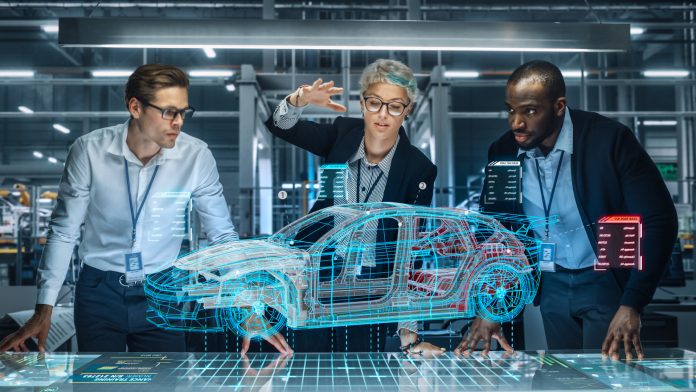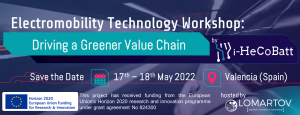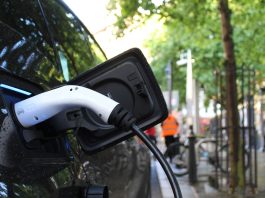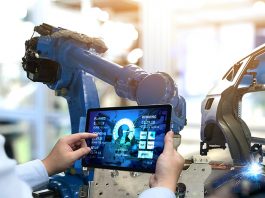ASTRABAT will take part in iHeCoBatt’s Electromobility Technology Workshop to discuss driving a greener value chain.
iHeCoBatt – a project that has developed intelligent heating and cooling solutions for enhanced range EV battery packs – has announced that it will be organising the ‘Electromobility Technology Workshop: Driving a Greener Value Chain. ASTRABAT’s sister project, iHeCoBatt, will run the workshop from 17 to 18 May 2022 in Valencia, Spain, with the possibility of attending the workshop sessions online.
The Electromobility Technology workshop, a part of the Innovation & Networking days, aims to deliver a framework for policymakers, researchers, and leaders across the advanced battery and electric vehicle value chain. The workshop will allow industry professionals to share knowledge on the latest technological innovations in electromobility and create networks to advance new project proposals and more.
Electromobility (otherwise known as e-mobility) is the principle of using electric momentum to power a range of transportation. This field drives home the importance of taking a sustainable route to a cleaner energy future.
ASTRABAT will contribute to the Electromobility Technology workshop during specific sessions led by its partners CEA, Daikin and Nanomakers. ASTRABAT will present its work on new efficient all-solid-state lithium batteries for electric vehicles. It will also deliver insights on critical raw materials and manufacturing strategies for solid electrolytes in batteries and it will explore the promise of silicon anodes.
What will the Electromobility Technology workshop sessions include?
More than 25 speakers will discuss the latest trends in the energy and mobility sector, the present and future solutions and challenges for green mobility, and the latest innovation in the field of EV components. The workshop will topics from the entire value chain, from advanced materials to testing and end-of-life solutions.
Day 1 – 17 May
Block 1 – Policymakers:
This session will discuss the role of the EV value chain in raising excellence and industrial competitiveness in Spanish regions, to contextualise these opportunities within the wider main European alliances for the promotion of new generation electric vehicles for green mobility.
Block 2 – Present and future of European leading innovations in green vehicles:
4 Horizon 2020 European Projects will discuss the green energy transition to electric mobility in the automotive sector, presenting novel technological advances and the future of green electromobility. This will include i-HeCoBatt, ASTRABAT, FITGEN and MAtchUP projects.
Block 3 – Innovation advances brought by i-HeCoBatt:
This session will focus on i-HeCoBatt’s results from its intelligent heating and cooling solutions for enhanced range EV battery packs.
Day 2 – 18 May
Block 1 – Advanced materials for batteries:
This will focus on EV and battery materials challenges, the promise of silicon anodes, critical raw materials and manufacturing strategies for solid electrolytes in batteries.
Block 2 – EV and EV components lifespan boosting:
This block will discuss flexible advance Battery Management Systems (BMS) and lightweight battery systems for extended range at improved safety
Block 3 – Green mobility use experiences and infrastructure challenges:
This session will confront the electric vehicle market status and perspectives, as well as electromobility adoption in European cities.
Block 4 – Circular economy: start and end of life:
In this block, participants will consider the regulatory and standardisation processes towards a circular market for EV components.
Future plans for electromobility
Following the networking days, on 19 May the consortium will hold a satellite workshop for its members and industrial partners. They will co-create the inventory to optimise the sustainability of the new Li-Ion battery cell, moving from a laboratory perspective to an industrial one.
At this workshop, delegates will assess the new all-solid-sate battery economic and ecologic profiles in an updated real case which highlights industrialisation challenges.










